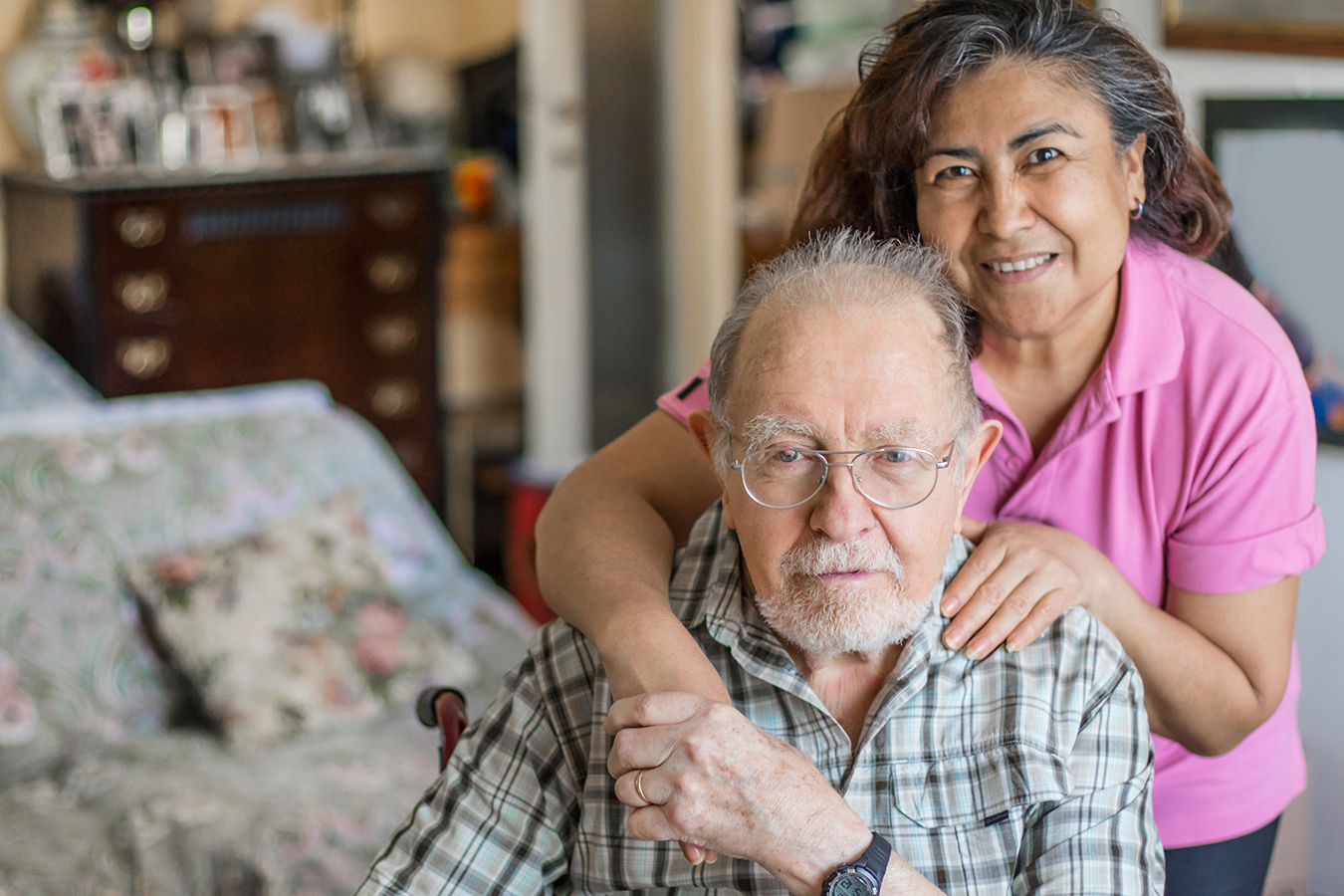Question:
Are caregivers considered research subjects? Their role in this study is limited to helping the study participant complete a symptom diary.
-Director, Clinical Operations, Pharma Company
Response:
Caregivers may offer support throughout a clinical trial by providing transportation to the research site, administering study medications, assisting the participant with diary entries or the completion of quality of life questionnaires, or observing and reporting clinical outcomes such as adverse events.
When the caregiver’s role is limited to facilitator, observer, or reporter, the caregiver is not considered a human subject as defined by the regulations and informed consent is not required.
Federal regulations (45 CFR 46.102e) define a human subject “a living individual about whom an investigator (whether professional or student) conducting research:
- Obtains information or biospecimens through intervention or interaction with the individual, and uses, studies, or analyzes the information or biospecimens; or
- Obtains, uses, studies, analyzes, or generates identifiable private information or identifiable biospecimen.
However, the caregiver would be considered a research subject when a clinical trial is designed to collect data about the caregiver such as caregiver quality of life or the physical or emotional burden of caregiving tasks. For example, some Alzheimer’s Disease clinical trials have adopted caregiver outcomes as secondary endpoints.
Even when the caregiver is not a research subject and informed consent is not a regulatory requirement, you may want to consider providing the caregiver with educational materials such as an information sheet that clearly outlines their role and responsibilities.
Don't trust your study to just anyone.
And we’re the best for a reason. Experience the WCG difference starting with a free ethical review consultation. We’re here to help you streamline, alleviate, and accelerate.
